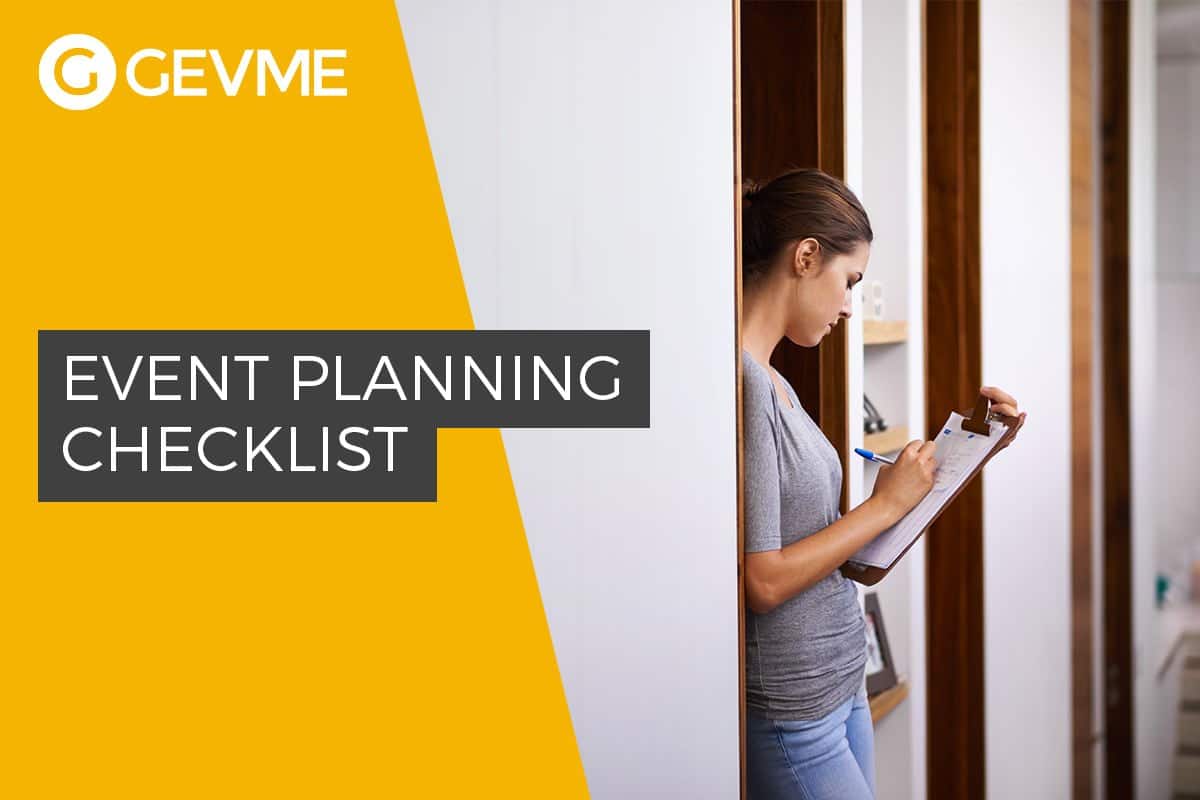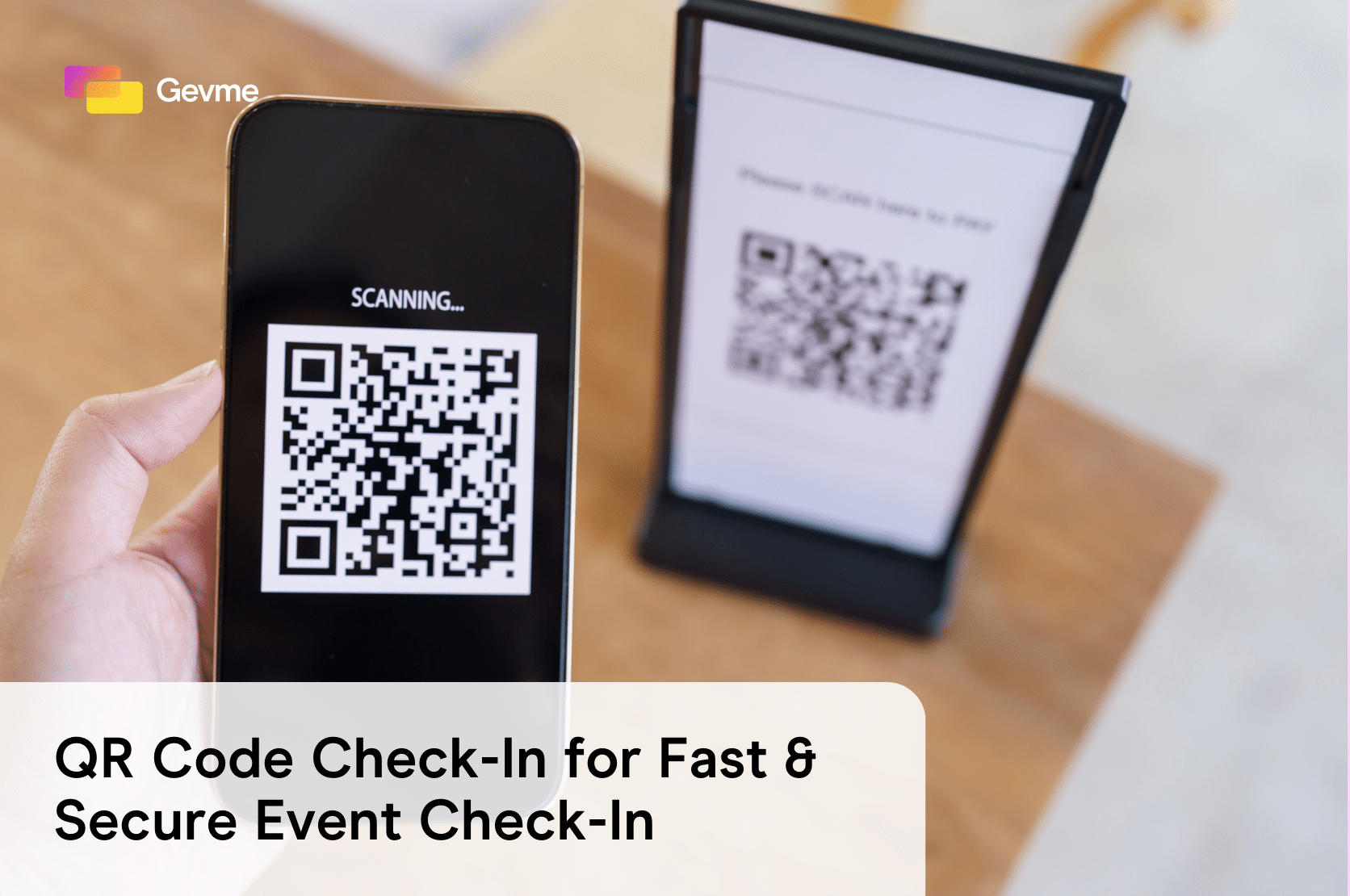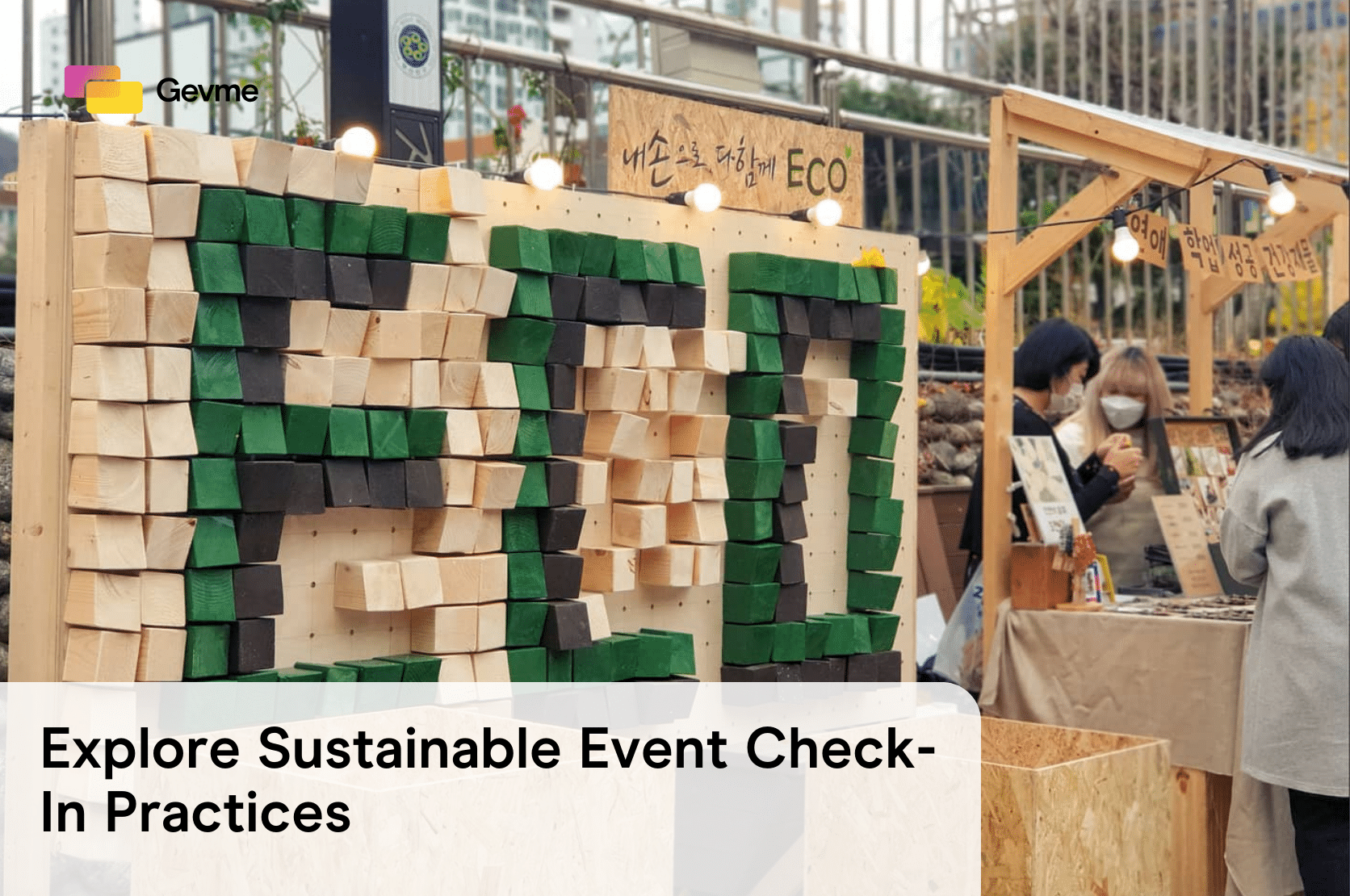The responsibility of event planning can be an overwhelming task. The key to successfully overcoming this challenge is being resourceful and avoiding uncertainties. An event planning checklist is essential to the achievement of this goal. Make sure to draft your agenda well before the event by making sure you have these items covered.
PRE-EVENT
Setting a goal is the starting point. When you need to pre-plan for an event, it’s always a wise move to set a SMART goal to help facilitate your success. A SMART goal refers to a goal that is specific, measurable, achievable, relevant and time-based. SMART goals also help in setting up the event agenda template so you can specify which areas require the greatest amount of attention.
When you prepare a plan 4-6 Months ahead of the event, you have ample time to think about how you will prepare an agenda for the event. Event planning should start 3-4 Months ahead of the event by narrowing down the event type. Planning two months prior includes setting up an objective for the event and setting the actual agenda for the event. One week before, all your designs and setups should have their places set. One day before the event, make sure that the event schedule is accurate and good to go. When you plan intensively, your event is more likely to be a success on event day.
Some things that you need to prepare and make a checklist of during event planning are
- Local Government Requirements. Are there any special permissions required by you from the Government for holding the event? For example, holding an event in a makeshift camp near the roadside can gather much traffic. To hold such an event, you need permission from the local government to avoid any lawsuits filed against you.
- Budget. What’s the amount of money allocated for your event? How are you financing the props that need to be used? Are there additional costs that you could incur once the event takes place? It’s always a good call to keep some additional money set aside for any last-minute expenses. Making a proper column budget for each line item is a good idea that could later be helpful in understanding your revenues and expenses.
- Location. Deciding the location where your event will take place before the date is a necessity and something that must be done ahead of time to take advantage of venue availability.
- Event Agenda. Setting up an event agenda is a great way to start planning for the event. You can easily refer to Google for a quick guide on how to write an agenda for an event.
- Sponsorship. To acquire sponsorship or money from the parties involved, it is essential to explain the need for the event and how the donations of potential sponsors would help you reach your goals and their brand achieve more recognition. With the correct sponsorship, the event can take place on a much higher scale than anticipated.
- Marketing & Promotion. Without extensive marketing and promotion of the event, the event might not be successful, because it will not reach a large audience. The more promotion the event receives, the more outreach towards the audience and more participation by the audience. When marketed in the right manner, the event can become successful on a larger scale. Targeting the correct audience in the market for promotion of the event and those who can take your event to another level is the whole game. For example, event coverage by media can help gain more recognition and event registrations.
- Participant Registration and Invitations. As an event planner, when you send out the event invites, it’s always a smooth move to request a response. A simple RSVP tells you the number of people who will be attending your event, and in turn, helps you plan the event more effectively.
- Permits & Licenses. It is a solid decision to keep a copy of all the permits and licenses that are needed to legally host the event. This prevents any last-minute problems that can pop up.
- Contractors. The event planner needs to use his negotiating skills to work out prices with clients and the contractors to make the event happen within the allocated budget.
- Risk Management. Are there any risks involved during the event? How much money is at stake over the success of the event? What if it fails? You must always have a backup plan for managing the risks.
- Security Plan. How do you plan to make your event a safe place? Are bodyguards allotted for the security of the people and to maintain peace during the event? For example, security is needed if the event is to showcase some diamond jewelry. An effective surveillance system may need to be installed to prevent the boisterous behavior.
- Essential Services. Are you able to provide essential services to the customers or audience? As an event planner, it’s your duty to see to it that during the event, people can be provided with services such as food, water, washrooms, etc.
- Waste Management. How are you going to collect the waste that will be generated by the audience during the event? It’s important to plan for the disposal of waste and show that you care about the environment.
- Traffic Management. As an event manager, it’s your job to see to it that you can manage the traffic efficiently. Providing parking spots for the vehicles is important so that the audience can reach the event and feel safe and sound. You may need to consider a valet service or traffic director.
- Food Vendors. You should contact various food vendors and decide which one will be the most beneficial in hosting your event successfully. As an event planner, you need to arrange for food to be served to your guests, and that means good food.
- Site Preparation and Plan. Are the setups at the location going according to plan?
- Cleaning and Maintenance Plan. How do you plan to manage and maintain the site before the event takes place? How are you going to make it clean and tidy/spick and span?
- Other.Your event schedule template should always have that necessary space remaining for any additional things that can be necessary for event planning.
ON THE DAY
- Gather staff for a full briefing. It’s important to brief your staff so that everything goes according to plan.
- Organize volunteer registration area & entertainers’ area – It’s important to have an area where members guide the audience to their respective places and see to their entertainment needs.
- Circulate a contact list with mobile numbers to all staff/volunteers. The volunteers should have the contact list of all the participants so that they can call when someone goes missing or any other type of emergency.
- Review chain of command in case of emergency. It’s important to know which person to contact in case of emergency. When things go wrong, who’s in charge? All emergency contact numbers should be well circulated before the event.
AFTER THE EVENT
As an event schedule planner, your work doesn’t end when the event is finished. It extends well after the conclusion of the event.
- Removal of all equipment and rubbish. It’s your job to see that all the equipment is safely removed and delivered back to the equipment rental companies. It’s also important to collect the rubbish and leave no trace of waste behind.
- Thank you letters to staff, volunteers, and performers. The volunteers, performers, and staff have been instrumental in the success of the event. They’re the ones who acted as your team and moved the event forward. It’s a nice gesture to thank them and acknowledge them for their hard work and dedication. Without their co-operation, the event would not have gone over so well.
- Thank you presentation to sponsors. Sponsors are the ones who finance your events. It would be a wise choice to thank them for their efforts and generosity of investing their hard-earned money into your event. This way, you will be forever on their good side and maintain contact with them. This will set the stage for you to ask them for help sponsoring future events.
- Evaluation / debrief with key stakeholders. Stakeholders are the people who get something for the event or have invested something in the event. It’s a good idea to evaluate the entire process of the event with them so that they know what’s going on. It’s also a wise choice to thank your stakeholders for their commitment to making the event a complete success.
- Close off the budget. Check the initial budget made and confirm whether everything went as planned according to the budget. Is there a difference between the set budget and the closing budget? If yes, then add the extra expenses and find out the profit margin.
- Hold a debriefing session to look for ways of improving the event. For the next time, take reviews from the audience and then hold a session with your team members on how to improve or make the next event even more eventful. Identify what went wrong, how the expenses could be cut, and how to entertain the audience better.
Get started with your event planning experience from scratch.








